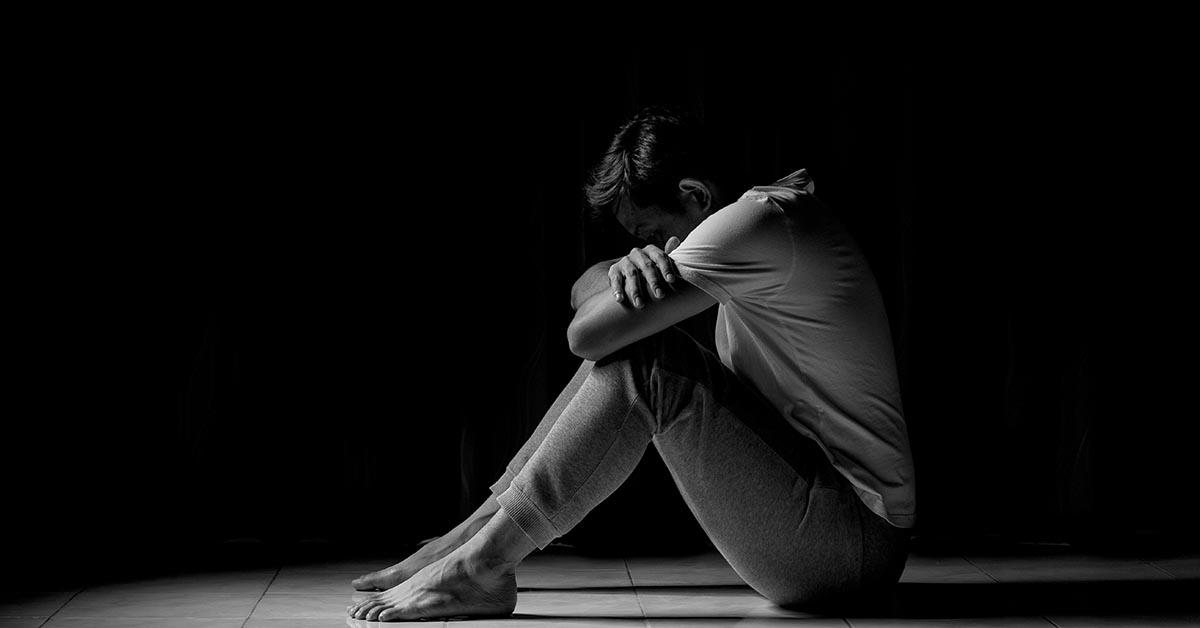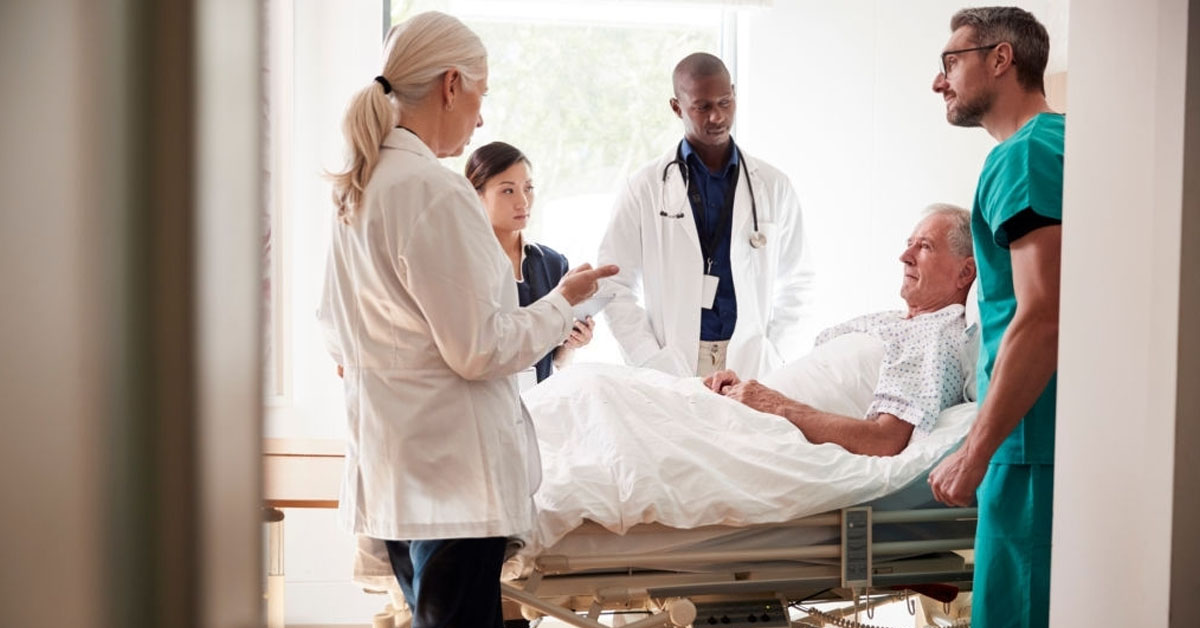Safety Measures To Have Aesthetic Surgery During The Pandemic
In spite of strict restrictions in our daily life due to Covid-19 pandemic the life is going on. Most of the people who have postponed their aesthetic procedures due to coronavirus pandemic started to reschedule their aesthetic operations. The effectiveness of Covid-19 vaccination programme, better understanding of transmission ways of the disease, safety precautions taken at the health care centers, strict travel regulations and wide use of diagnostic tests all have been encouraging people in favor of scheduling aesthetic surgery. There are some basic safety measures that you have to be aware before starting to cosmetic journey.
Covid-19 Vaccination
I strongly recommend to get Covid-19 vaccination including booster dose before surgery since protective effect of vaccination has been proven. You can have aesthetic surgery at least 2 weeks after the last dose of the vaccine.
Use FFP3 (N959) or FFP2 Mask
You should use FFP3 (N95) or FFP2 mask rather than regular surgical mask for better protection from coronavirus. Be sure that the mask covers your mouth, nose and chin effectively. There must be no gap on the sides of the mask particularly on the sides of the nose. You should use these masks particularly in closed areas such as airport or train stations. If you will use public transportation to go to the hospital and doctor’s office then you have to use FFP3 or FFP2 mask and never take off your mask. You should not use masks with ventilation valve since they transmit breathe to outside without filtering.
Physical or Social Distancing
You have to start physical or social distancing 2 weeks before the surgery date; you should keep your social interactions at minimum. Other people living with you at the same place also have to obey all protective measures to minimize last minute virus transmission.
Hygiene Rules
You have to clean your hands with soap and water or an alcohol-based hand disinfectant frequently. Avoid touching surfaces in public places such as hospital or airport. Regularly clean the surface of your belongings such as phone or bag.
Use Rapid Covid Tests Frequently
You can use rapid covid tests at home for screening purposes. You should start rapid covid test 2 weeks before the operation date and repeat it every 2-3 days. Not only you but also other people living with you should have these tests to determine on time if anybody has gotten the Covid-19.
Frequently Check Yourself for the Sign and Symptoms of Coronavirus Disease
You should know the sign and symptoms of coronavirus disease and frequently check yourself. If you feel or observe any sign or symptom of the disease you should inform your doctor even if your PCR test is negative. Remember that PCR tests are not %100 sensitive to Covid-19 virus. If you feel any doubt about your health condition do not ignore it; it is safer to postpone the surgery.
Be Sure That Preventive Measures are Strictly Taken in Your Doctor’s Office and in the Hospital
You should confirm that necessary preventive measures are strictly taken in your doctor’s office and in the hospital where you will have the surgery. All the health care personnel must use mask properly and physical distancing has to be applied. You should obviate unnecessary contacts in the hospital and take care to stay in your room. If any healthcare personnel enter your room put on your mask.
Stop Blood Thinners and Supplements 2 Weeks Before the Operation
You should quit blood thinners such as aspirin, green tea, fish oil, ginkgo biloba, ginseng, melatonin and Vitamin E 2 weeks before the operation date. They may cause unexpected bleeding problems and drug interactions. You should not consume them at least 2 weeks after the operation also. You should also stop smoking and consuming liqueur before the operation. Your body mass index must be in normal range.
Do Not Accept Visitors
Do not accept visitors following your surgical procedure to reduce viral transmission risk at least for 2 weeks. It will be wiser to accept visitors online if needed. Ventilate your room frequently.
If You Have Had the Coronavirus Disease Before
If you have had the Coronavirus disease before the time between your recovery and surgery date depends on the clinical severity of your illness. If your symptoms were not severe and you have had the disease at home then 8 weeks after your recovery is enough to have surgery. If your clinic condition were severe and you stayed at hospital then you should wait longer before surgery. You should consult your doctor who treated you at the hospital to evaluate your general health status.


